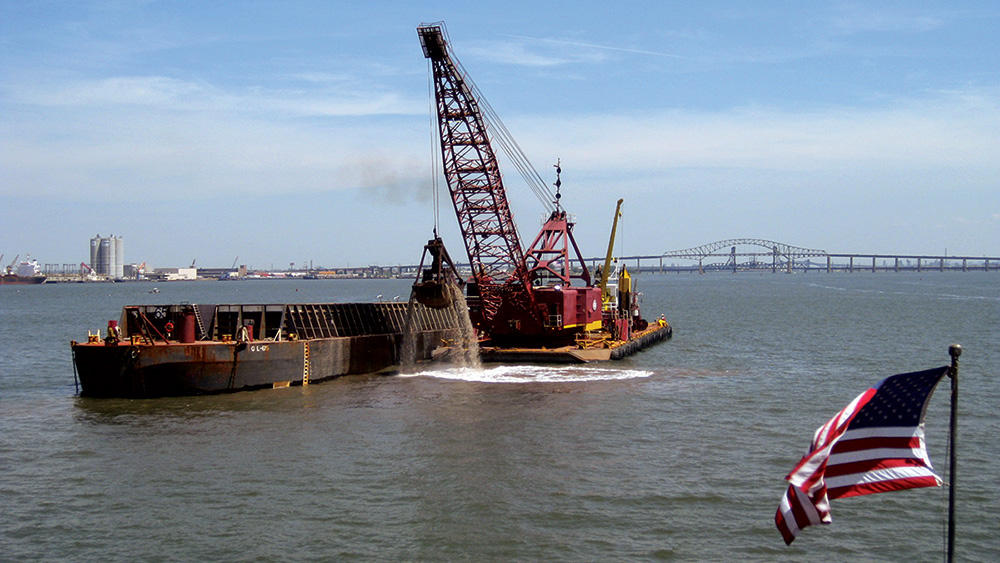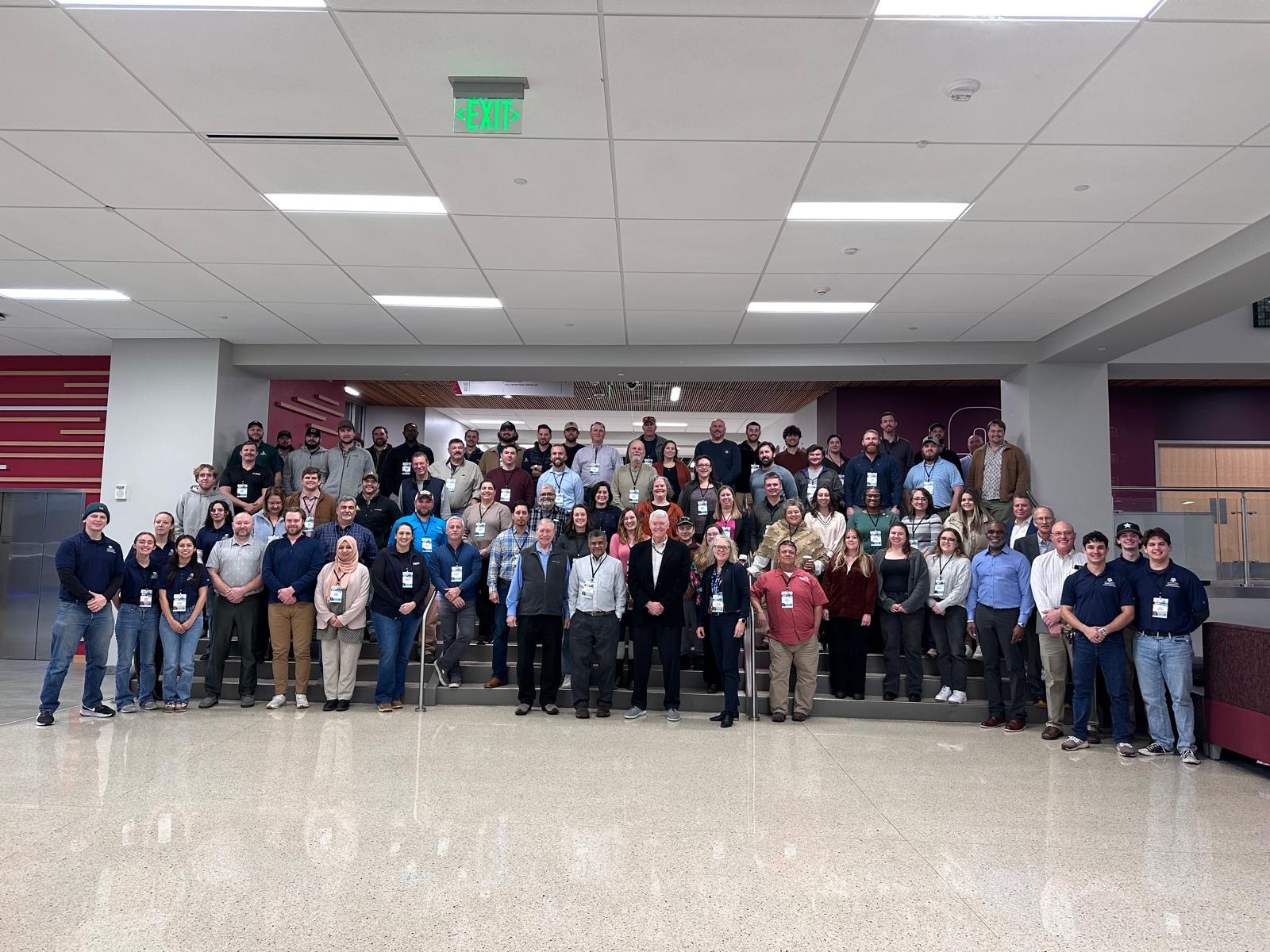Dredging Research

Dredging research at Texas A&M University is multi-faceted, to drive technology innovation, as well as physical and numerical modeling to simulate the design, performance and monitoring of beneficial use sites, and specially engineered aquatic placement cells.
Dredging Research Areas
Some of our research interests include:
- Advances in dredge technologies – We research driving better methods improving precision, advances in productivity, thin-layer placement, environmental dredges and survey methods.
- Beneficial uses – This area includes evolving methods to promote nature-based solutions, such as environmental restoration, reuse of materials, and coastal erosion protection.
- Cost estimating tools – We look into improvements in production and estimating tools to better predict dredging, placement, and other operational costs.
Learn More
Learn more about how our department is involved in this area of research by reading out story: Great Lakes Dredge and Dock Company establishes fund for dredging and coastal studies laboratory
GLDD Costal & Dredging Laboratory
An endowment from the Great Lakes Dredge & Dock Company (GLDD) establishes the GLDD Coastal & Dredging Laboratory (CDL) in 2022. The CDL replaces the old Center for Dredging Studies (CDS) which was established in 1968 as a result of conferences held between educators, representatives of the dredging industry, manufacturers and officials at Texas A&M University. The laboratory is located in the Department of Ocean Engineering, and is supported by gifts and research grants from the dredging industry and the government and continuing education courses.
In addition to research and industrial testing, the lab’s activities include teaching university courses and providing annual seminars and short courses concerning advances in dredging engineering technology. The lab sponsors the annual dredging engineering short course. The Coastal and Dredging Laboratory also actively generates reports, participates in regional, national and international dredging conferences and has a cutter suction dredge simulator.
Dredging Engineering Short Course
 The Dredging Engineering Short Course is held each year in January. The course includes a mixture of lectures, laboratories and discussion on the Texas A&M faculty. The course is administered by the Coastal and Dredging Laboratory, located in the Department of Ocean Engineering and College of Engineering’s Continuing Education Office at Texas A&M University.
The Dredging Engineering Short Course is held each year in January. The course includes a mixture of lectures, laboratories and discussion on the Texas A&M faculty. The course is administered by the Coastal and Dredging Laboratory, located in the Department of Ocean Engineering and College of Engineering’s Continuing Education Office at Texas A&M University.
Two textbooks and course notes on all lecture material are provided with the course registration fee. A certificate and continuing education units (~3.0 CEUs) are earned by attending this short course.
For additional information, contact Instructional Assistant Professor Laurrie Cordes at lwittig@tamu.edu
Coastal Engineering & Nature-Based Solutions Short Course
The Coastal Engineering & Nature-Based Solutions (CE & NBS) short course is a 4-day continuing education course offered by the Department of Ocean Engineering, with organizational assistance from the Texas A&M Engineering Experiment Station. It includes a mixture of engaging lectures by experts, laboratory exercises, and field site visits by bus and boat.
For additional information, contact Dr. Jens Figlus at figlusj@tamu.edu
